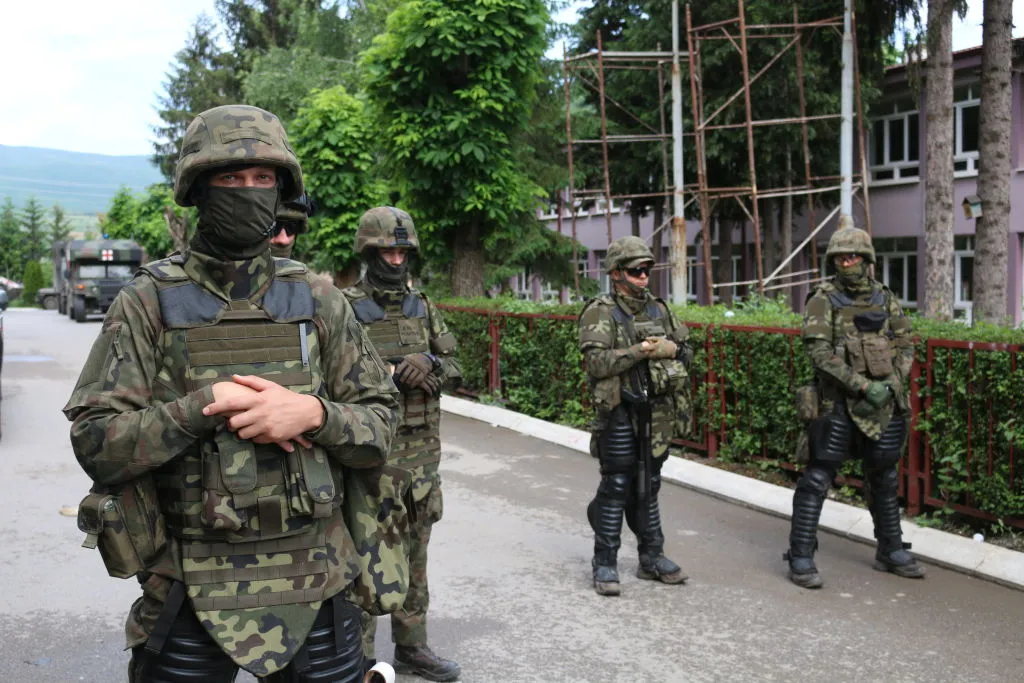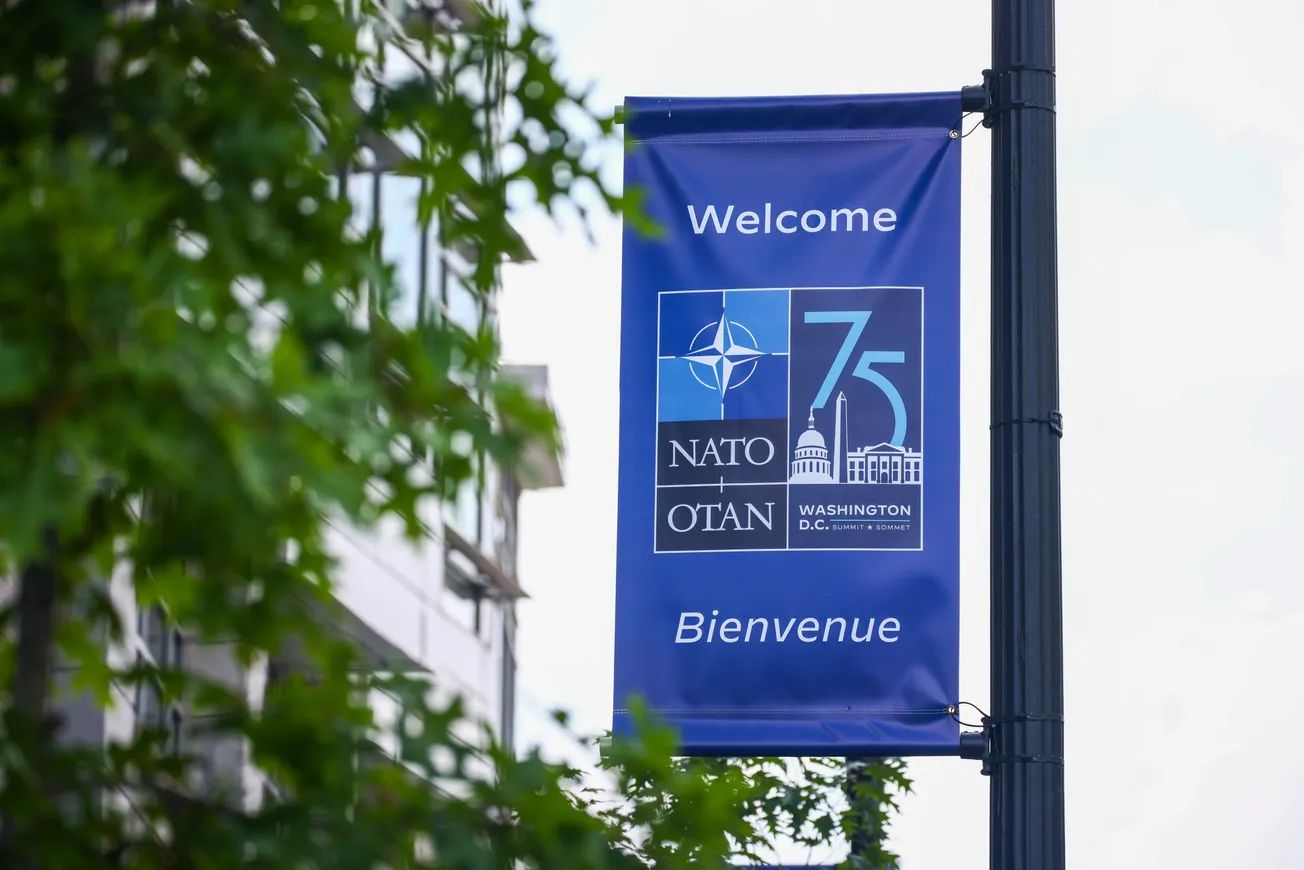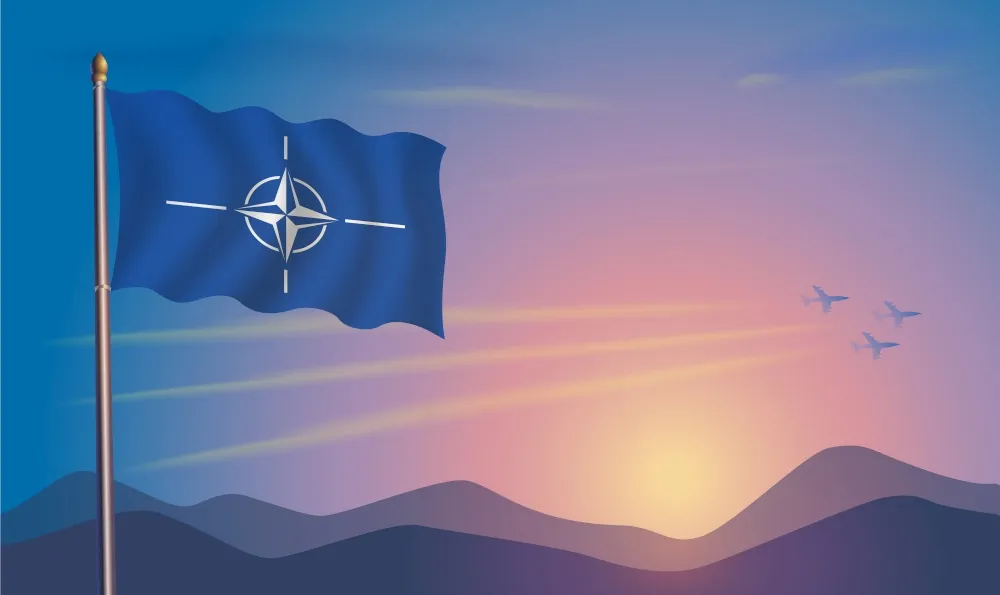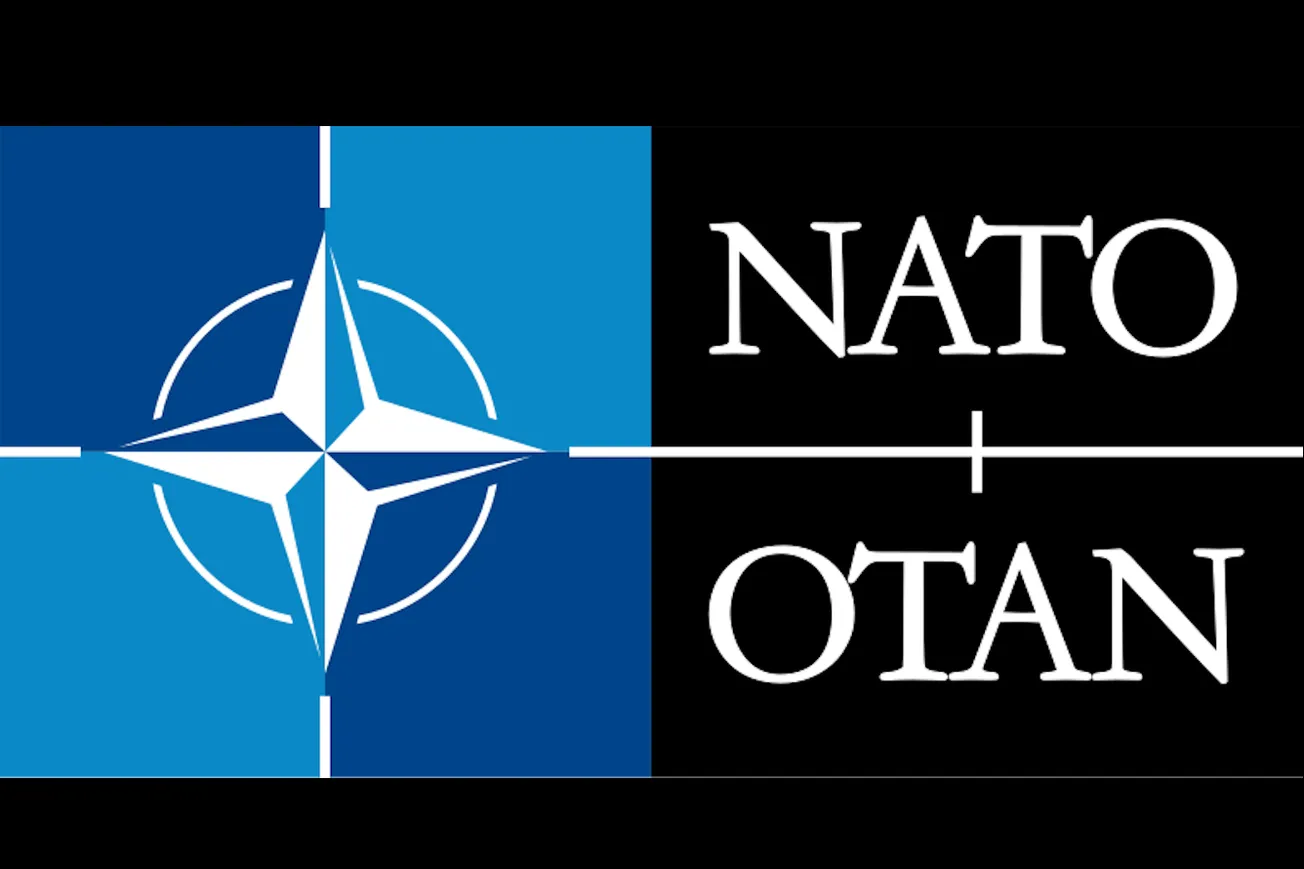As most Americans were busy ushering in the warm summer months over the Memorial Day weekend and tuned into battles closer to home - such as the debt ceiling debate, the economy, inflation, Fed interest rate hikes, and the culture wars around Budweiser, the Los Angeles Dodgers, and Target - trouble was brewing in the Balkans, another area of Europe.
This time, it involves ethnic clashes in northern Kosovo, with Serbian protesters fighting the Kosovar police and NATO peacekeepers from the United States, France, Italy, Germany, and Britain.
The assertion that history repeats itself has played out repeatedly in Europe. Kosovo could turn out to be another Ukraine. If things are not quickly brought under control, another messy Balkan conflict could be on the cards, sending Americans into yet another problem area. The Biden administration is exceptionally skilled at committing America to such conflicts.
Balkan History During The Cold War
In the early 20th century, Yugoslavia was formed as a federal combination of six constituent republics: Bosnia and Herzegovina, Croatia, Macedonia, Montenegro, Serbia, and Slovenia. Each had its own government and considerable autonomy within the federal framework. Belgrade, the Yugoslavian capital was located in Serbia.
For most of the Cold War, Yugoslav President Josip Broz Tito, who ruled the large republic east of the Adriatic Sea with an iron hand, ensured that his component states would stay neutral. Tito was a founding member of the Non-Aligned Movement. At the Belgrade Conference in 1961(the first summit of NAM), Tito hosted twenty-five countries, including Afghanistan, Algeria, Burma, Ethiopia, Ghana, Guinea, India, Indonesia, Iraq, Yemen, Cambodia, Cyprus, Tunisia, United Arab Republic, and Sri Lanka. Many of these countries have refused to condemn Russia's invasion of Ukraine.
Yugoslav Breakup After The Cold War
When Marshall Tito died in 1980, the component states began to secede,driven by deep-seated ethnic and nationalist divisions. The breakup of Yugoslavia resulted in significant human suffering, including war crimes, ethnic cleansing, and forced migration.
The first republic to declare independence was Slovenia in June 1991. Slovenia's secession was relatively peaceful, with only minor armed skirmishes. When Croatia declared independence, conflict ensued, with the war in Croatia from 1991 to 1995 causing significant loss of life and displacement of populations.
Bosnia and Herzegovina declared independence in March 1992, which triggered a devastating three-way war involving Bosniaks (Bosnian Muslims), Croats, and Serbs. The Bosnian War, characterized by ethnic cleansing and other atrocities, lasted until 1995. The war resulted in the Dayton Agreement pushed through by President Clinton. It established Bosnia and Herzegovina as a federal state consisting of two entities: the Federation of Bosnia and Herzegovina and the Republika Srpska.
The disintegration of Yugoslavia also led to the independence of Macedonia, which declared independence in 1991 and later changed its name to North Macedonia in 2019. As the largest and most populous republic, Serbia remained the core of Yugoslavia's Federal Republic, later renamed the State Union of Serbia and Montenegro. Following the independence of Montenegro, Serbia became an independent state in 2006.
Kosovo And Serbia
NATO has had a strong presence in the region. In the late 1990s, it conducted airstrikes against Serbian forces, forcing its dictator, Slobodan Milosevic, to turn back his militias against the Kosovars. NATO's intervention was primarily humanitarian but sowed the seeds for continued regional involvement.
Kosovo declared independence from Serbia in 2008, but its status remains a subject of international dispute. Russia, China, and Serbia refuse to recognize it as an independent nation, joining 89 other UN member countries. The United States and the European Union have promoted Kosovo as a vibrant nation and showered it with concessions and largesse. See a parallel with Ukraine?
Kosovo has a complex ethnic makeup, with the majority of the population being ethnic Albanian Muslims, while a significant minority consists of ethnic Serbs (Orthodox Christians). In northern Kosovo, the majority population is Serbian. [In eastern Ukraine, the majority is Russian].
What Is Happening In Kosovo Now?
The NATO-led Kosovo Force (KFOR) maintains security and stability in the country.
During recent local elections, ethnic Serbs refused to participate. Ethnic Albanians, practically running unopposed, won seats and proceeded to take office with the help of the Kosovo police. The Serbs protested, and the police resorted to crowd control tactics, including firing tear gas canisters. This led to even more clashes as the Serbs engaged with KFOR NATO forces, injuring thirty.
The Associated Press quoted the EU foreign policy chief Josep Borrell as saying: "The current situation is dangerous and unsustainable. We need urgent de-escalation." Serbia put the country's military on its highest state of alert and sent more troops to the border with Kosovo.
These events appear to be a play-by-play repeat of late 2021 and early 2022 in the Russia-Ukraine conflict. Given the Biden administration's penchant for getting militarily involved in every region worldwide, don't be surprised if Neocons in Washington declare a new global emergency. Serbia is a Russian client state, so the risk of NATO getting into an armed conflict with Russia just got higher.
And thanks to the Biden-McCarthy deal, the U.S. government can borrow even more without the constraints of hitting the debt limit. Sweet timing.









